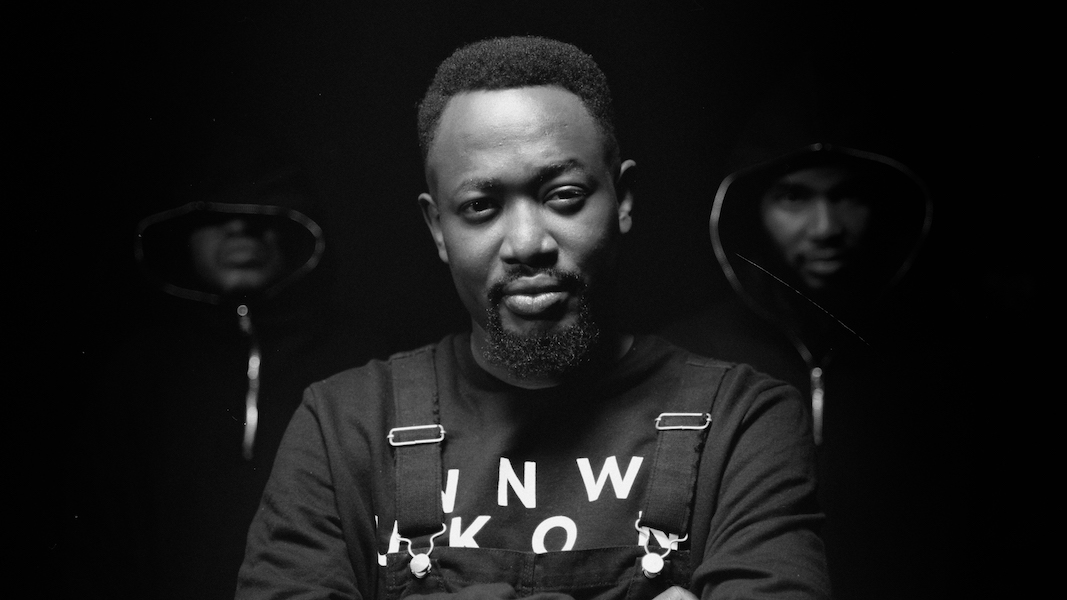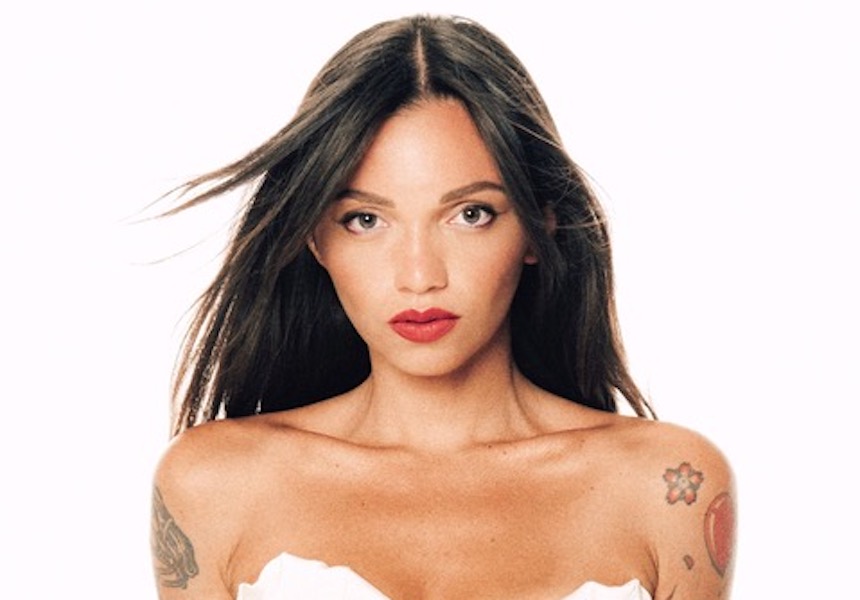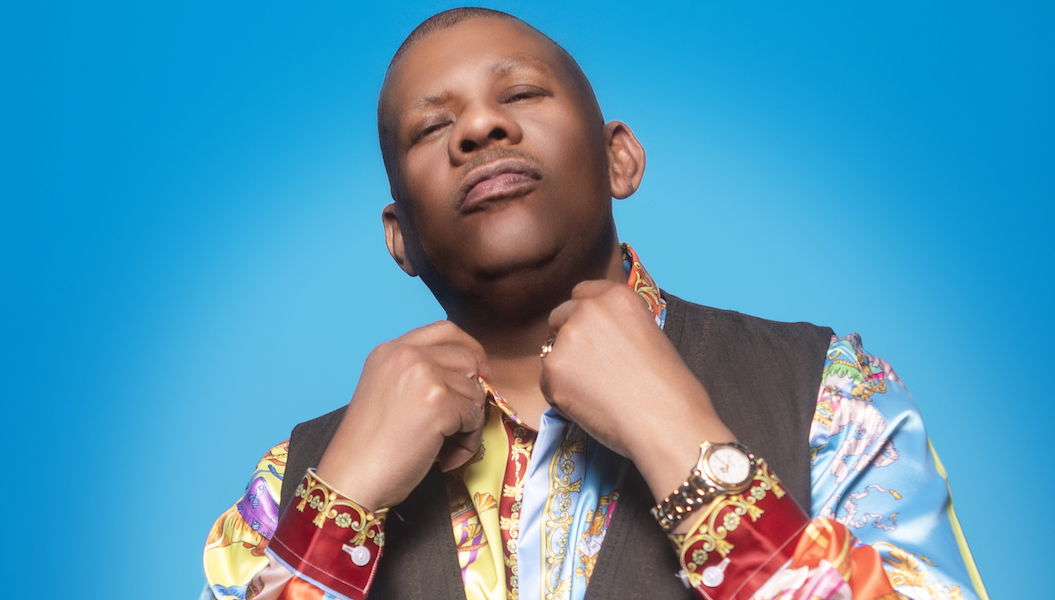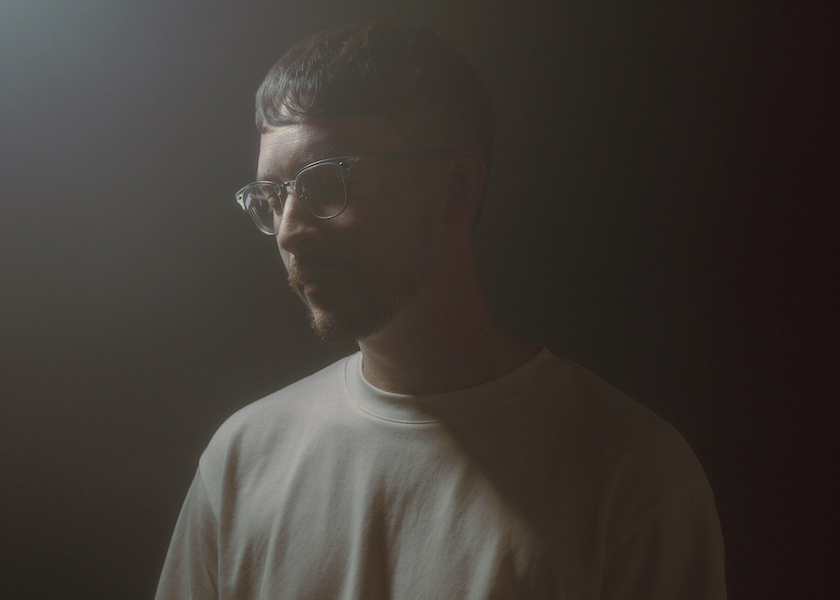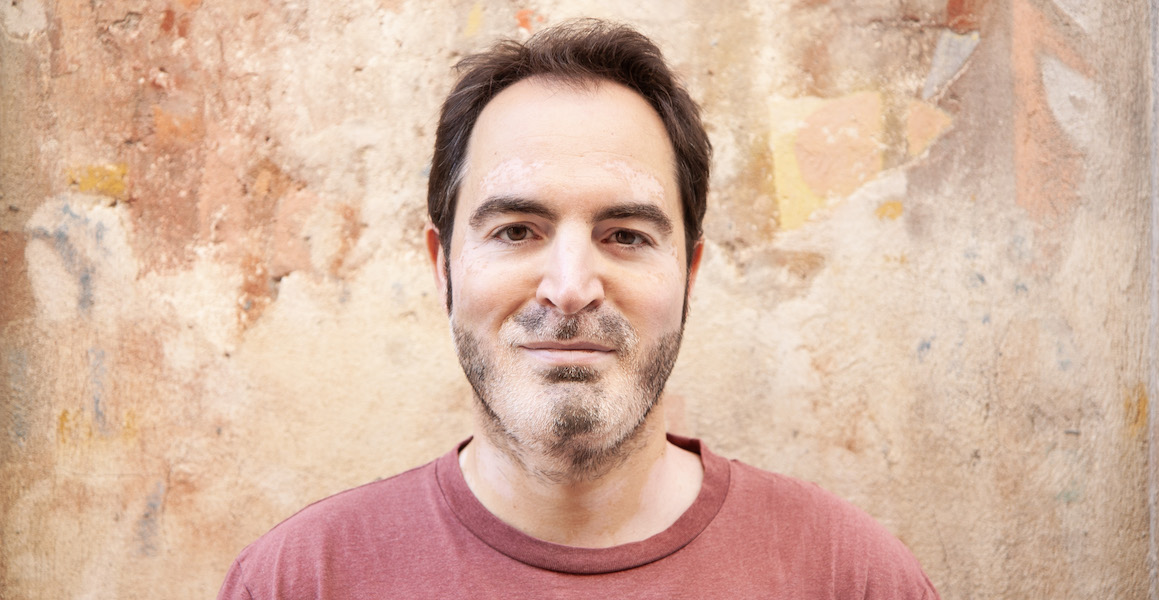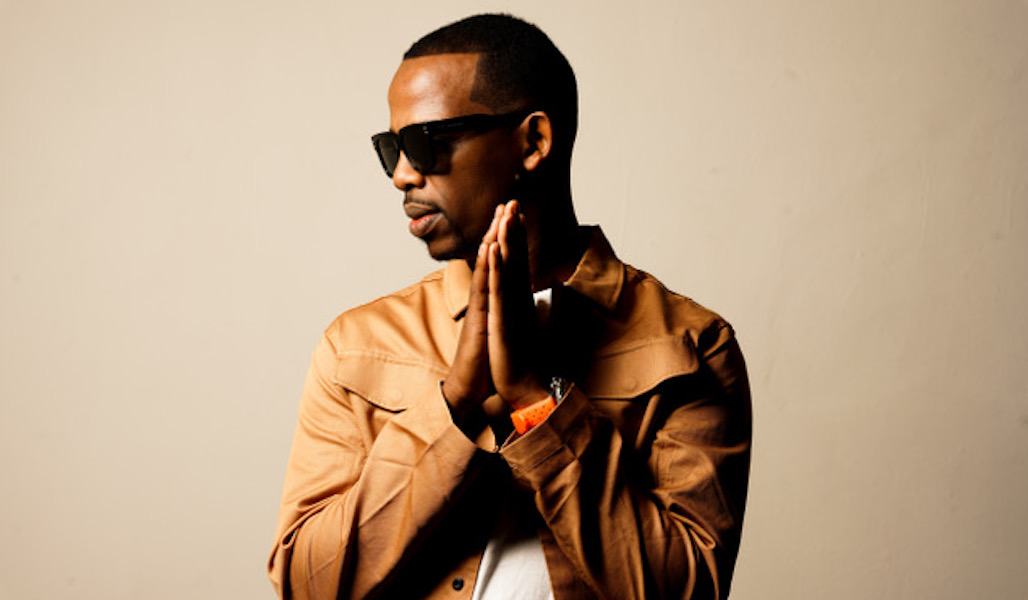With the early support by legendary DJs such as Laurent Garnier and Timo Maas, the new release by the Munich-based label ZEN DNA -Third Trinity gets more spotlight thanks to a South African artist Lazarusman, whose vocal in his mother tongue – Zulu, gives an extra flavor to the material. Born in Johannesburg, Lazarusman (real name Lazarus Mathebula) was immersed in a melting pot of influences from an early age, igniting a passion for artistic expression. In this exclusive interview, Lazarusman delves into the thematic elements of “Indoda,” shedding light on its significance. Collaborating with Slovenian producer Stanny Abram for this project, Lazarusman shares his insights into the creative process and much more.
WWD: Your new lyrical showpiece, “Indoda,” is a step out of your comfort zone, poetically and musically. Could you elaborate on the thematic elements present in the track? What do the lyrics mean, and what drew you to collaborate with Slovenian producer Stanny Abram specifically for this project?
Yeah, it is me sticking my neck out there a bit, doing things that scare me. But that’s always rewarding, “Indoda” in Zulu (one of the 11 official languages in South Africa) means “man.” It is a celebration of all the men doing the right thing, looking after the people they love, protecting women children, and each other. I think the PR for men has never been lower, every day we read about how a man somewhere has committed atrocities and I believe that there are some good men out there. Still intent on doing the right thing no matter how hard that is, these men dust themselves off and keep going. I think that needs merit and big ups to those brothers out there keeping it real. I’ve worked with Stanny before before this and it’s exciting because he is for me a master producer who can simply do as many genres as he wants and that’s ideal for someone like me who is looking to experiment.
WWD: Last year, your collaboration with Stanny Abram for the Munich-based label ZEN DNA resulted in the release of the single “Domain,” which garnered praise from critics, DJs, and audiences. What makes “Indoda” stand out from other tracks or collaborations in the underground dance scene?
Well, I think the one stand-out thing is that I am speaking my mother tongue, which is not so common for me. I use English because of its universality. In this instance, it felt right to use Zulu because there are particular traditional nuances about the word “Indoda” that I can’t translate clearly. Musically there is also a strong connection to the bygone era of electronic music that was once very popular in South Africa. Bubble Gum music is heavily synched and has a deep groove that could work on any dance floor if presented well. I like that. It shows that though we live worlds apart we still share some similarities.
WWD: Can you share some experiences during your collaboration with Stanny that have been particularly meaningful to you?
Stanny is always willing to try new things. I think what’s cool with him is that even though he may not fully understand the words he gets the sentiment, and he always manages to choose the right moments and inflictions in the vocals I send him. That’s almost telepathic and that’s rare.
WWD: How did your upbringing in post-apartheid South Africa influence your approach to music, and how has your background influenced your musical style and exploration within genres like Electro, Afro House, Melodic Techno, and Tech House?
Because we were so closed off to the world for so long, I was always looking out, at what was out there and what was different. I always wanted to connect with others from faraway lands. I think that has remained a constant.
I’ve always wanted to be a beacon for South Africa. Show people what we as a people are capable of, that despite being restricted we’re good enough for the world stage. And I think we’ve done that, in every genre we have South Africans shinning and setting the pace for others and I think we’ve come a long way. It’s really dope.
WWD: Did performing in different countries play a significant role in your career? Could you tell us about some of your most memorable performances outside your home country? How did it change your view of the world? Did your traveling experience allow you to notice the advantages of life in South Africa?
I miss Ukraine, I loved going there, meeting the people, and the club culture, it’s sad that all of that is no more. The greatest gift music has given me has been the ability to see the world, I came for the expression but stayed for that opportunity and I’ll forever be grateful for that. It’s hard to be black a South African and be a touring or traveling artist, the visa fees are high, flights are overpriced and the governments are always suspicious of you. But it’s in us as South Africans to find a way and we have.
I think one of the advantages we have here is the people, always so warm, so welcoming, so supportive. If you come here you’ll have a good time. That’s not always the case in other parts of the world.
WWD: You’re known for fusing slam poetry with DJing and production. How do these elements come together in your creative process?
It’s not as glamorous, to be honest. It is a lot of time for me just writing wherever ever I get the chance, on the bus, in the street, while on stage, and then making time to record these ideas and then work with people that I think can bring these ideas to life. It’s lonely but I kinda like that.
Achieving chart-topping records is a significant accomplishment. What do you attribute to your success in this aspect, and how does it feel to see your work resonate with audiences on such a broad scale?
That feeling never gets old, I live for it. I think consistency is so key, just always vibrating at a high level whether it’s a new producer or a seasoned one. I always aim to deliver to the best of my ability. My message is also clear, I am very much about introspection, retrospection and always trying to better oneself and I think people can resonate with this, we are all on that journey to be better versions of ourselves and
I hope to facilitate that through the music I make.
WWD: As an artist, how do you balance personal fulfillment with external measures of success, such as commercial achievements or industry recognition?
It’s making creative choices and sticking with them if you want to make music that’s going to get you places then do that, if you are doing it because you love it and you are happy with just fulfillment you get from creating then be about that.
People make choices and second guess them by comparing their choices with others and I think that’s where that parity occurs. We let self-doubt in when we do that. Trust yourself.
WWD: We extend our best wishes for the success of “Indoda.” Do you have any upcoming projects in development that we can anticipate?
There are so many amazing things happening, I spent 2023 laying down the foundations for 2024, and in the coming months, there’ll be some great records coming out with great artists. I hope people don’t get sick of hearing my voice, I have been hard at work and it’s show soon.
Thank you for the great questions and for having me!

